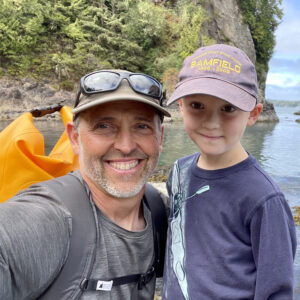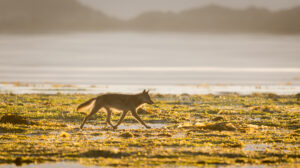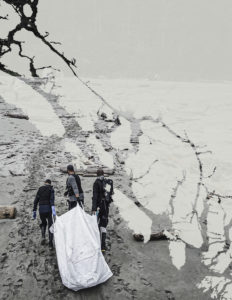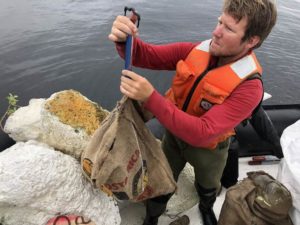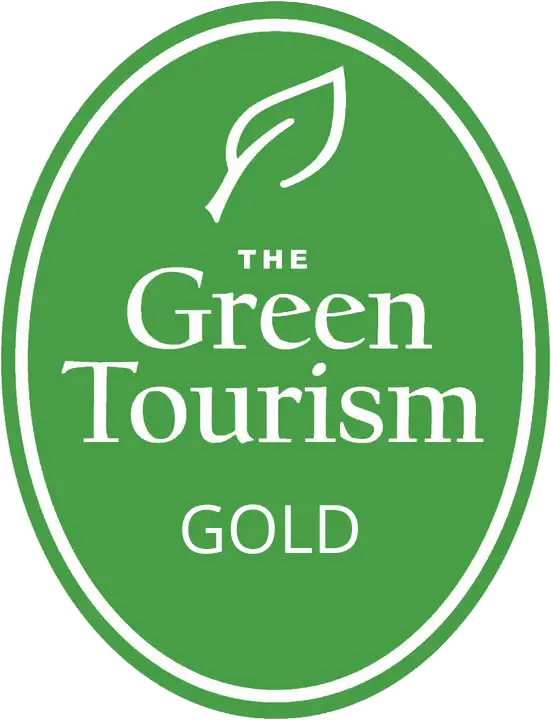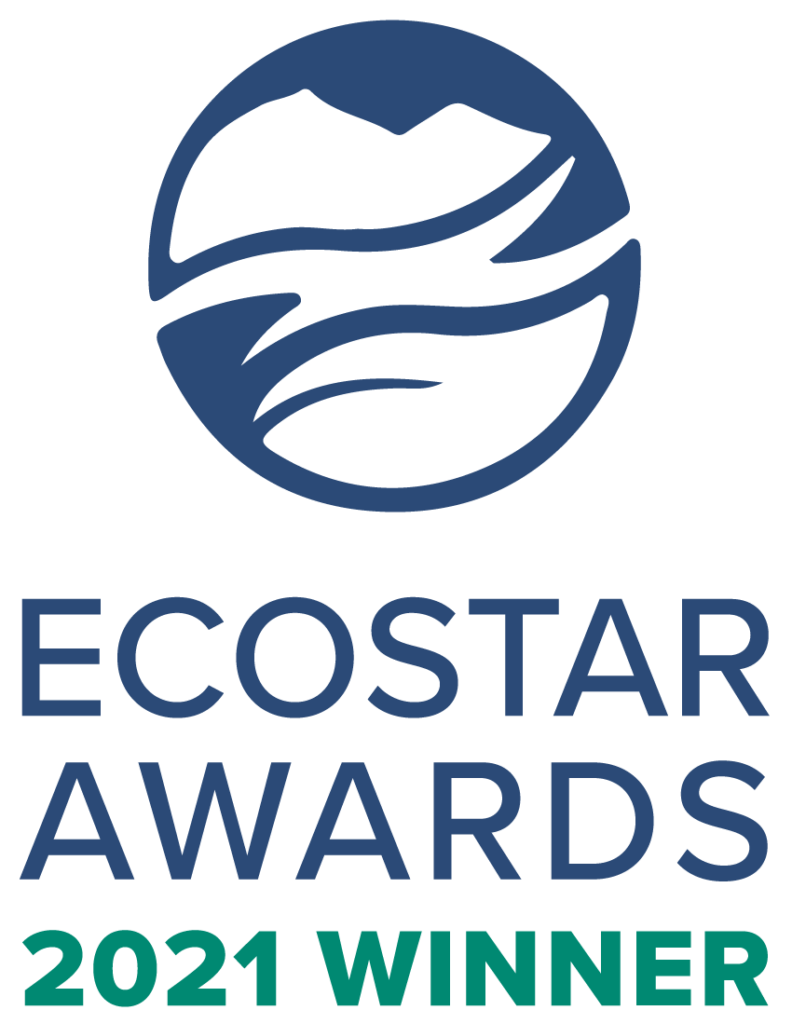As the COVID-19 pandemic initially suspended the start of our expeditions scheduled for early April of this year and continued to slowly unfold week-by-week, it eventually halted our entire 2020 expedition season. Early in this difficult process, it became clear that Outer Shores, and all the companies in our small ship-based expedition travel industry on the BC coast, would need to find alternative activities and support that would help us weather the financial storm that was upon us.
Outer Shores is one of seven member companies belonging to the Small Ship Tour Operators Association of BC (SSTOA), which is an initiative under the umbrella of the Wilderness Tourism Association (WTA). The SSTOA members all provide small ship expedition travel experiences throughout the BC coast; however, our organization was born from the close collaborative relationships we’ve developed working together throughout BC’s Central and North coasts, known as Canada’s Great Bear Rainforest. It’s in this remarkable part of the world that SSTOA members work closely with First Nation governments and BC Parks to contribute to numerous consultation processes and support Indigenous co-management of numerous protected and wildlife-viewing areas. We also work together on a wide variety of ongoing logistical challenges, regulatory processes, and conservation initiatives.
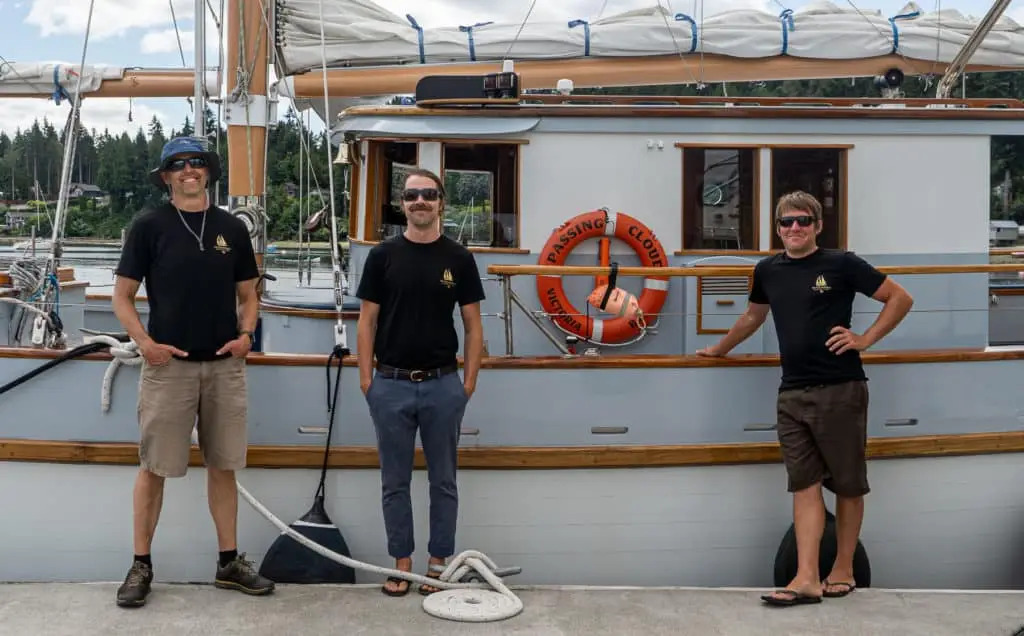
An underlying principle of the SSTOA is that, rather than isolating ourselves as “competitors”, we know that we can accomplish far more working together than ever could working apart – and recent events surrounding the COVID-19 pandemic made this more important than ever. Beginning in April, we began holding weekly video conference calls during which we monitored the events of the pandemic, the impacts to our businesses, employees, and families, and began looking for ways to support our small industry that depends heavily upon travellers from all over the world. It was through these conversations that in early May, the idea of conducting a large-scale marine debris removal initiative in the Great Bear Rainforest was born.
Our proposed marine debris removal initiative (or “MDRI” as it would become known), would be unprecedented in both size and region – never before had a shoreline clean-up of this magnitude been conducted on the BC coast, let alone along the remote and rugged outer shores of the Central coast. And, critically, if we were able to find government funding for our initiative it would allow our companies to immediately re-hire more than 100 seasonal employees laid off due to the pandemic, support the survival and recovery of our industry, and provide untold ecological benefits to coastal wildlife and marine ecosystems.
I hope you’ll enjoy reading the full story below of our MDRI journey over the past many months, as we temporarily pivot from our tourism operations and embarked on this remarkable initiative and adventure. Ultimately successful, we hope that this project and its many outcomes will help draw attention to the global issue of marine plastics pollution, and what we can all do about it.

